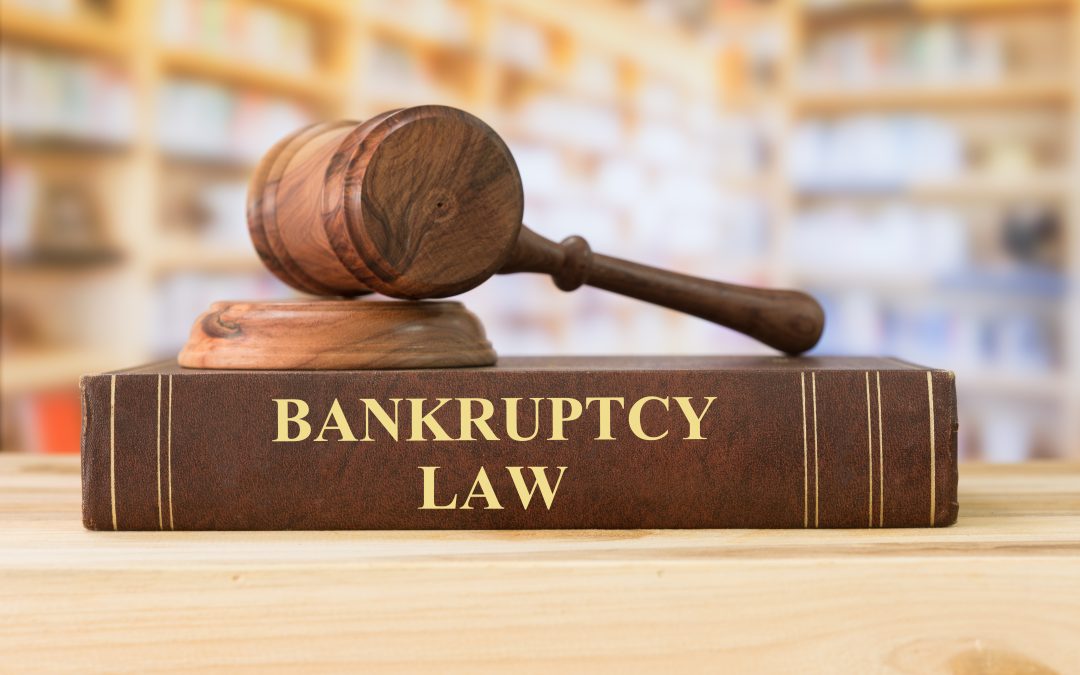Bankruptcy is a legal process regulated by the federal government. The first step in declaring bankruptcy in Nova Scotia is to speak to a licensed insolvency trustee. Licensed insolvency trustees are the only ones licensed by the federal government to administer bankruptcy.
What Are the Benefits of Bankruptcy?
Aside from the intangible benefits like reducing stress and improving your financial situation, filing for bankruptcy will:
- Stop collection calls from creditors
- Stop garnishment and other legal actions
- Eliminate your debts
Meeting With A Trustee
A licensed insolvency trustee is a trusted debt professional. Meeting with a trustee does not mean you are filing for bankruptcy. The trustee will review your situation and discuss all of your debt relief options with you. These options may include budget restructuring, liquidating assets, consolidating, filing a consumer proposal or a bankruptcy. Their initial consultation to meet with us is free and you have no obligation to do anything.
If you decide to file for bankruptcy, the trustee will need to obtain certain information from you prior to filing. At the initial meeting the trustee will discuss this with you.
Filing For Bankruptcy in Nova Scotia
If you decide to file for bankruptcy, the trustee administers all aspects of your bankruptcy. You will meet with the trustee to sign legal documents (an Assignment in Bankruptcy) which they will file with the Office of the Superintendent of Bankruptcy. Your bankruptcy starts immediately upon the filing of these documents. The trustee will then notify your creditors that you have filed for bankruptcy and the creditors will be responsible to prove their claim against to you to the trustee.
On the day you meet with us to sign the legal documents at either our Kentville or Halifax office, you will be given copies of the legal documents, a schedule for submission of monthly budget sheets, budget sheets and a schedule of your monthly payments. We want to help you be as organized as possible to comply with your duties.
Duties During Your Bankruptcy
The Bankruptcy and Insolvency Act sets out your duties during bankruptcy. You will be required to:
- Submit monthly income and expense statements with pay stubs / proof of income
- Attend two credit counselling sessions (discussing budgeting and re-establishing credit)
- Make the required contribution (including surplus income) to your creditors
- Provide your income tax information for any prior years not yet completed and the current year
- Surrender / buy-back any non-exempt / unencumbered assets
- Complete any other duties requested by the trustee
Bankruptcy Discharge
At the end of your bankruptcy you are eligible to receive an automatic discharge (if you have not been bankrupt more than 2 times). An automatic discharge means that you do not have to appear in Court to be discharged. An automatic discharge can only happen when you comply with all your duties during bankruptcy.
The length of your bankruptcy is dependent upon a number of factors including if you have been bankrupt previously and if you are required to make surplus income payments. In a first time bankruptcy with no surplus income you could be discharged in nine months. When you speak with a trustee they will discuss the length your bankruptcy.
The discharge is what releases you from your debts. Up until you are discharged there is a Stay of Proceedings in effect that prevents the creditors from contacting you. After you are discharged you are not longer responsible for the balance. There are certain types of debts that are not dischargeable by bankruptcy (such as support arrears, student loan debt where the individual whose study end date is less than 7 years ago, debt obtained by fraud) but the trustee will review if any of these are applicable to you.
There are many rules and regulations surrounding declaring bankruptcy in Nova Scotia. It is essential to speak to a licensed insolvency trustee to get real answers on how those rules apply to your situation. We offer free consultations. You can contact us by phone (1-855-733-3032) or email to ask any questions or to schedule and appointment.
Remember, “If you choose to not deal with an issue, then you give up your right of control over the issue and it will select the path of least resistance.” (Susan Del Gatto). We can help you deal with your debt issues and gain control of your finances and your future.

